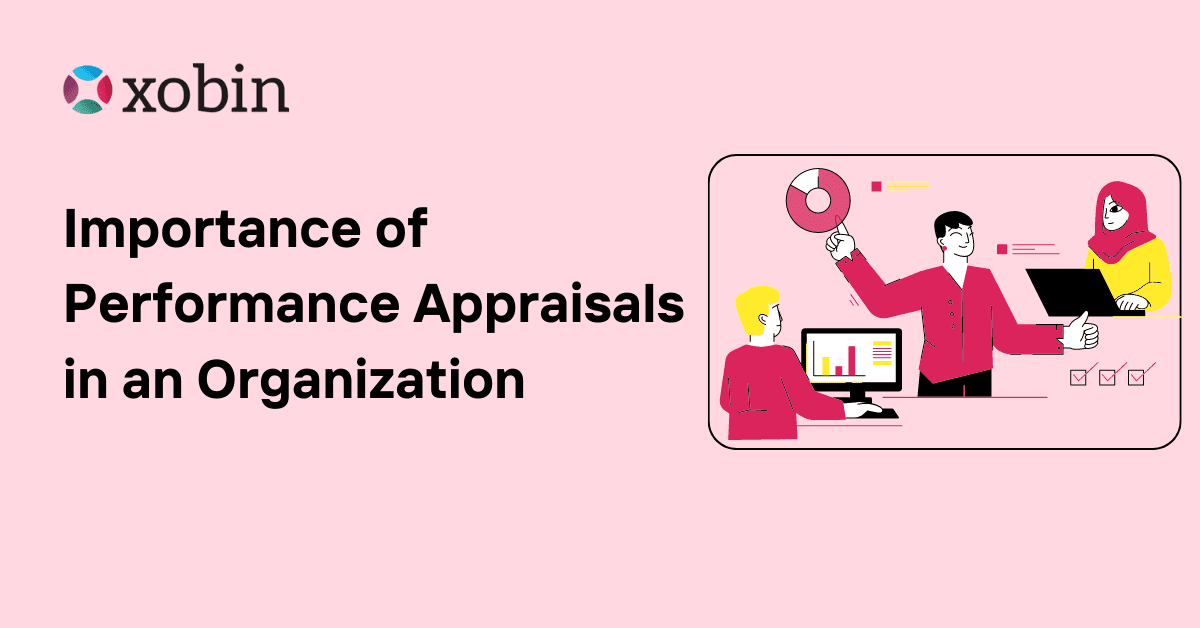Why should managers do performance appraisals? And how to do them well?
There are several reasons employers should prioritize pre-employment testing as part of performance management and ensure regular appraisals. When done right, these evaluations provide a structured opportunity for managers and employees to discuss progress, challenges, and future goals. In many workplaces—especially in fast-paced industries—employees receive feedback during onboarding but often lack consistent check-ins. Scheduled appraisals help reinforce company expectations, recognize top performers, and identify areas for growth. They also offer a chance to realign roles based on strengths, improving overall productivity and job satisfaction.
Table of Contents
Secondly, although performance appraisals are not to be used as a form of discipline, you will have a tough time convincing a court that termination was warranted if you haven’t paved the way with a paper trail. Only after you have shown repeated attempts to help train an employee and have made some attempt to correct unwanted behavior will you be able to say a termination was justifiable.
How to Conduct an Effective Performance Appraisals?

Take some time
The manager should take their time writing the appraisal up – this shouldn’t be attempted a few minutes before the appraisal is supposed to take place or something put together in the wee hours of the night after the manager has had an exhausting shift. Ideally, the manager should review the employee’s file while writing the appraisal; this gives the manager a refresher on everything that’s happened in the past year and provides the manager with numerous examples of good and bad incidences.
Schedule it
The appraisal should be a scheduled meeting so that the employee has time to prepare as well. A random pull-off-the-floor with no notice is more likely to produce a defensive reaction from the employee – something that won’t help the situation if you have issues that need addressing. Make sure there are no interruptions from cell phones, pages, etc., and that the meeting is held in a private office.
Provide feedback
The appraisal is an opportunity to give feedback to the employee but also a chance for the employee to provide the manager with suggestions to encourage them to speak up in a two-way dialog. Asking something as simple as, “What other jobs would you like to try within the organization?” can open up all sorts of doors for both the employer and the employee.
Write and deliver the performance appraisals with the “SMART” guidelines
SMART stands for Specific, Measurable, Attainable, Realistic, and Timely. For example, rather than saying the employee needs to help his manager out more, you could say the employee should do the following reports for the manager on Tuesdays every week and report to the manager on Wednesday mornings with the final result. Or in another example, rather than saying the employee needs to learn more, you should schedule specific training sessions for her and include a follow-up date so you can review the material she has learned. Always ask yourself when putting down an expectation: “How can the employee prove that they’ve done this for me?” Statements such as “be a better leader” are tough to prove; assigning a Manager-In-Training course or having the employee create the weekly schedules is much easier to demonstrate.
Be honest and balanced in your evaluation
Nobody wants to hear only the negative and there are certainly some positive things you can say or they wouldn’t still be with the organization. However, if subjects need to be addressed, say them and give concrete examples to back up your statements. If an employee gets “A” ratings every year and is suddenly terminated with cause for poor performance, you will have a tough time justifying that this isn’t wrongful dismissal.
Treat all employees in the same way
Ensure that all employees (at least within a department) are evaluated with the same form. There is nothing that will cause resentment quite so quickly as this type of favoritism.
Set a follow-up date
Do it for later in the year so that you can review the successes of the employee or discuss challenges that might have arisen.
Provide employees with performance appraisals copies
Make sure the employee gets a copy of the appraisal and signs that they have received the document. (Be sure the employee understands that the signature is only to acknowledge receipt of the appraisal – not that they necessarily agree with the appraisal.)
Wrapping up
Performance appraisals don’t have to be a source of dread for the manager or the employee if you take the time to prepare them properly, include concrete examples and realistic expectations, and speak to the employee as though they are a partner in the process.






